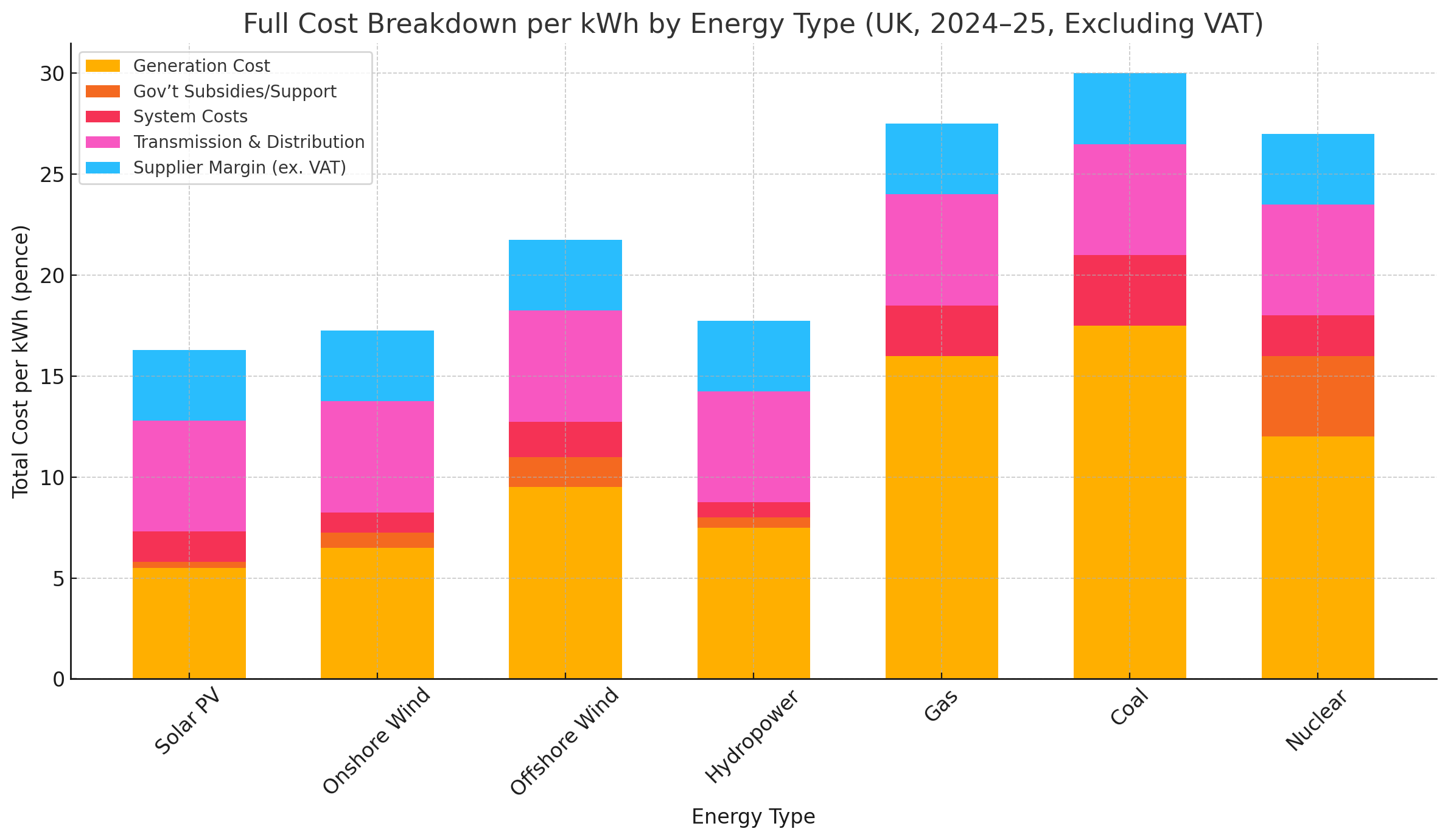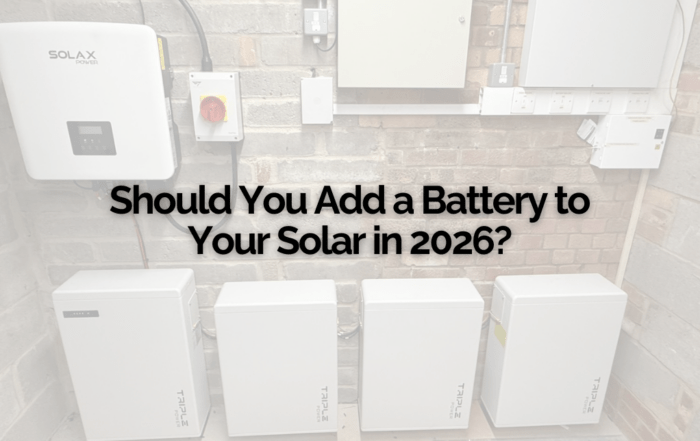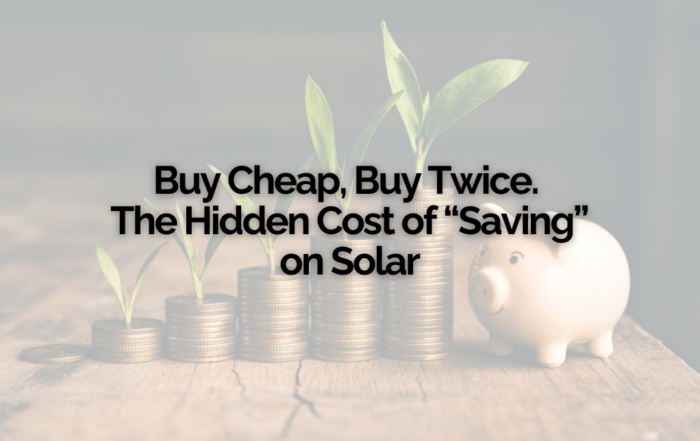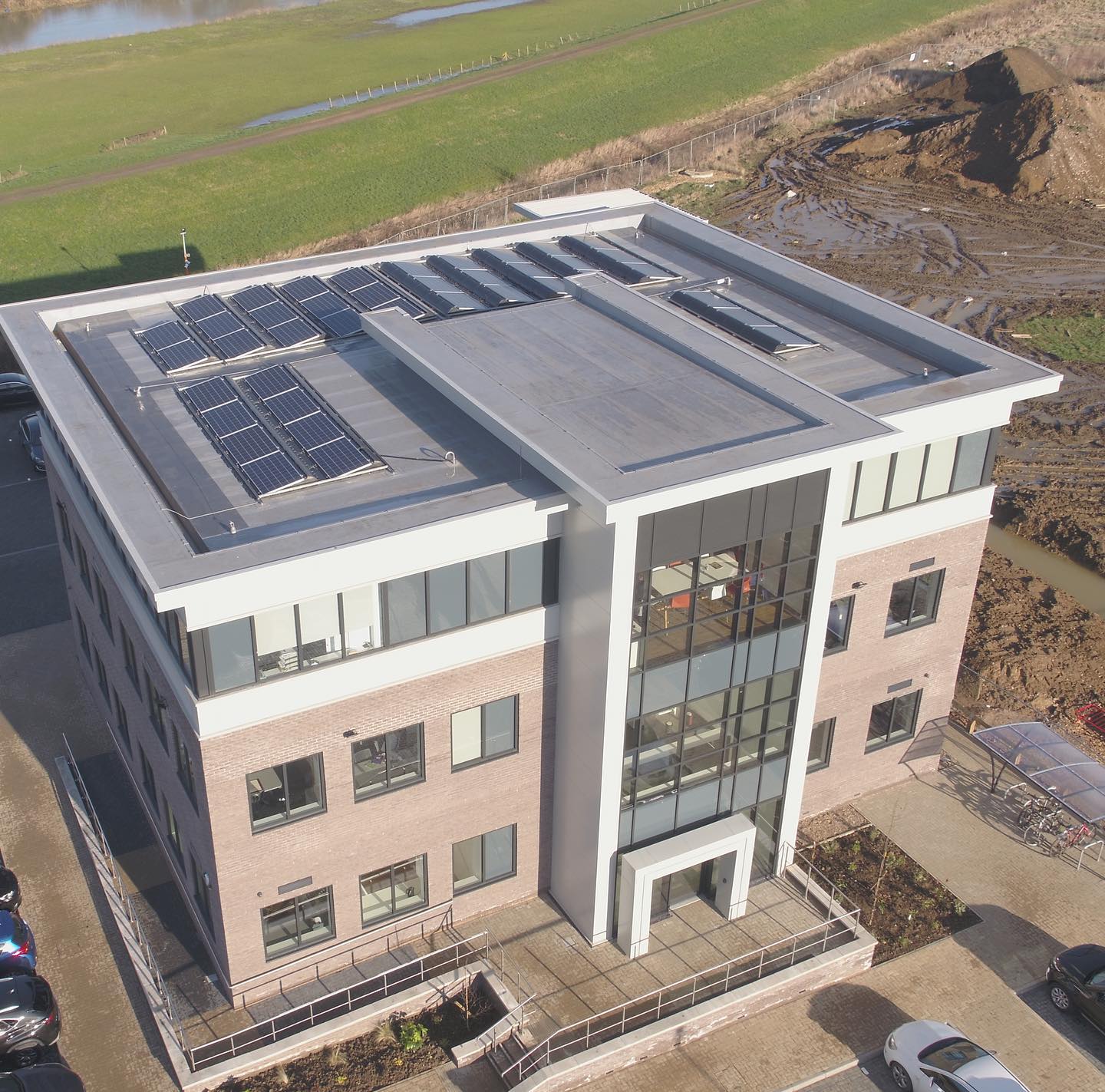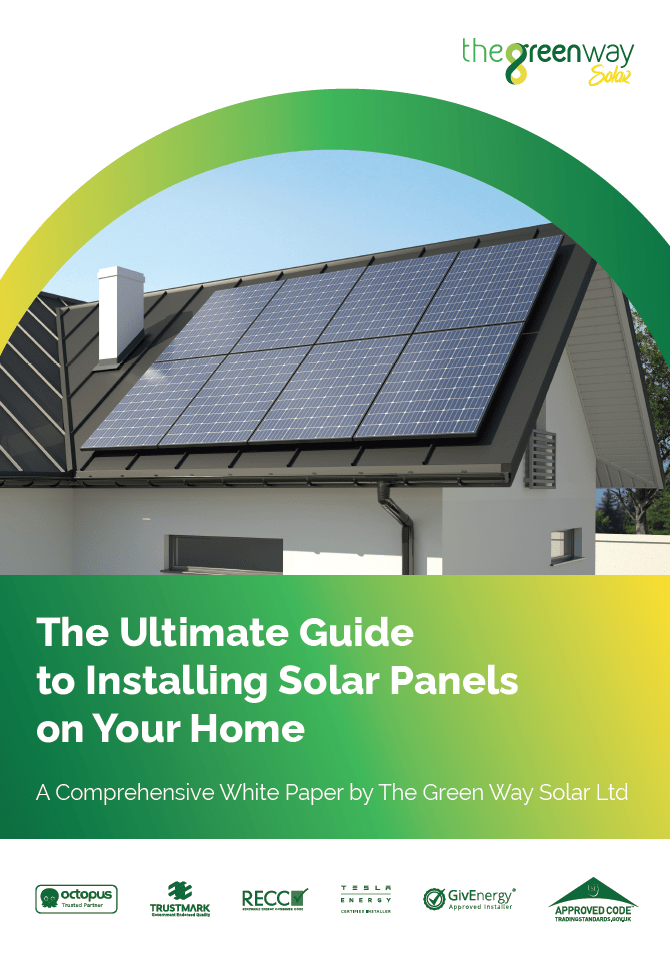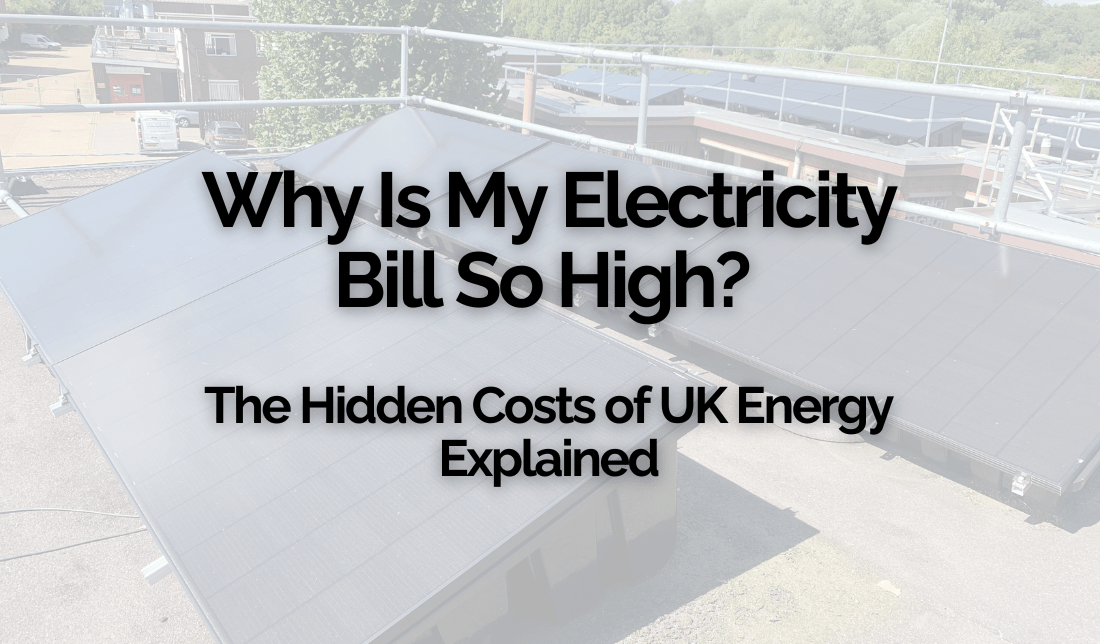
Why Is My Electricity Bill So High? The Hidden Costs of UK Energy Explained
You’ve probably heard that solar and wind are cheap. And they are.
So why are your bills still sky-high?
Simple: the price to make electricity isn’t the same as the price you pay. There’s a whole energy system layered on top of generation. Let’s break it down -clearly, simply, and without the greenwash.
What Does 1 kWh of Electricity Really Cost in the UK?
Here’s the full picture, fuel by fuel, showing all the elements that add up to the price you see on your bill – excluding VAT, (which adds an extra 5% for domestic users and 20% for most businesses).
Why Are Bills Still High If Renewables Are Cheap?
Because while renewables are cheap to generate, we’re still building the infrastructure around them – and paying off the legacy costs of fossil fuels and nuclear. You’re paying for:
- Fuel extraction or infrastructure (solar farms, turbines, gas imports)
- Subsidy schemes (even legacy ones like Feed-in Tariffs)
- Balancing and backup (batteries, gas peakers, interconnectors)
- Grid maintenance and upgrades (new substations, cables, smart metering) that need updating with or without renewables
- Supplier operations and margins
UK Electricity Mix – Then vs Now
Here’s how far we’ve come in the past two decades:

You can clearly see:
- Coal nearly phased out
- Solar and wind booming
- Gas still a big player – but on borrowed time
So When Do Prices Come Down?
They already are – for some.
With a solar and battery system installed, you can avoid:
- Generation charges
- Transmission fees
- System balancing charges
- Supplier profit margins
- VAT (on self-used energy)
That’s why businesses and homeowners are turning rooftops into power stations.
Want Out of the Energy Price Trap?
At The Green Way Solar, we help people cut through the noise and take control of their energy future.
Stop renting your energy. Start owning it. Let’s talk.
Sources
- Department for Energy Security and Net Zero (DESNZ), “Electricity Generation Costs 2024”
- National Grid ESO, “Future Energy Scenarios 2023”
- Ofgem, “Electricity Pricing and Network Charges 2023”
- Low Carbon Contracts Company (LCCC), CfD and RAB Scheme Documents
- Imperial College London, “Whole System Cost of Electricity Generation”
- Cornwall Insight, “UK Power Price Forecast”
